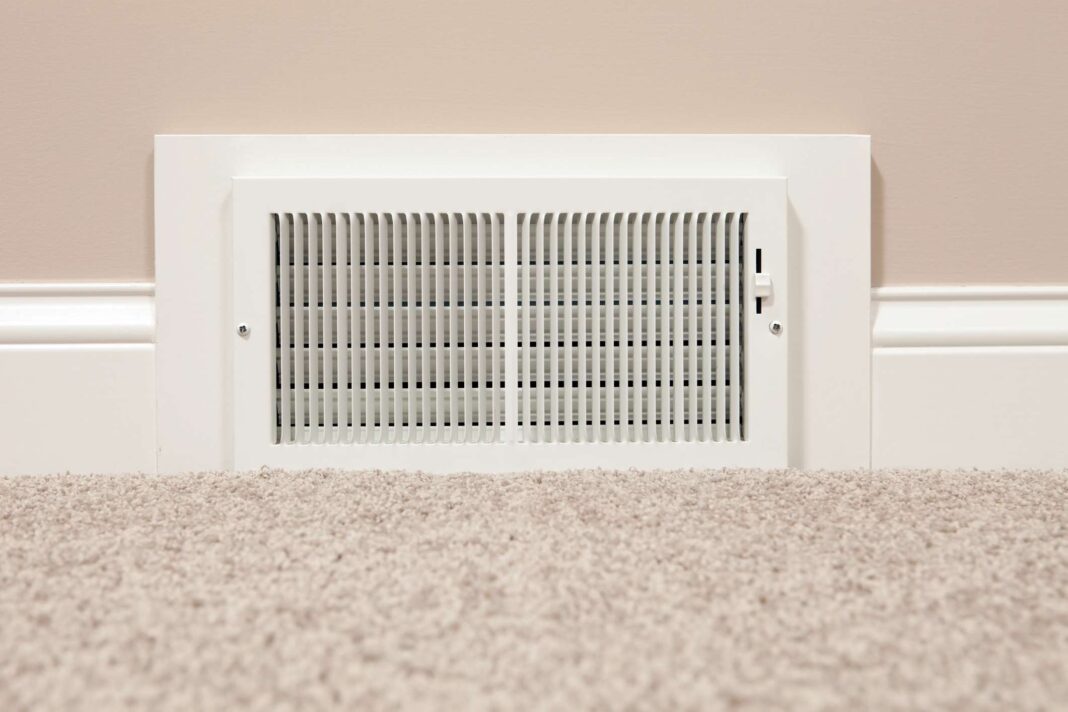Choosing the right heating option for your home can be difficult. There are many factors to take into consideration, such as cost, size of the home, climate, and the age of the system. This is why our team has put together a helpful guide to help you choose among qualified heating options for your home.
Home heating options are no easy task to purchase. You have to consider many factors when buying one in order to get a precise heating solution that suits your needs. With this article, we hope that it will help you understand the different types of heating systems much better so that you can make an informed decision when it comes time to purchase one for your home.
Whether you are looking for a new or replacement heater for your home or just want to learn more about all of the different types, we’ve got you covered.
Propane Stoves for Fireplaces
Propane stoves are a valid heating option for your home or business. They are reliable, efficient, and inexpensive. This technology has been around for over 100 years, but it is new to many people.
Propane is a clean-burning fuel that doesn’t produce any pollutants at the time of combustion. It was even ranked as one of the world’s lowest-polluting fuels by the World Health Organization in 2014
Propane stoves are an excellent heating option for people who need warmth without breaking their budget. If you want to switch from electric heaters to something cheaper, consider adding a propane stove to your home.
You shouldn’t have a problem locating a propane supplier near you, as there are many throughout the United States.
Oil Burner or Furnace
You’ve probably heard that an oil burner is the best heating option to use in your home. It’s true; they can be a great solution for you if you live in the city or plan to move away from it.
But how do you know if an oil burner is right for your home? Keep reading to find out!
Are You Getting Energy-Efficient Energy From Your Oil Burner?
There are other things that need to be considered when choosing the best heating option for your home other than just fuel efficiency. Things like safety, noise levels, and efficiency of the heat source itself need to be considered. Safety concerns can come into play with an oil burner because while it doesn’t create any harmful gases, it produces carbon monoxide which is highly toxic and they are a top cause of house fires.
Wood Burning Pellet Stoves
A wood-burning pellet stove is a viable option for home heating despite its drawbacks. It’s efficient, cost-effective, and environmentally friendly.
Wood-burning pellet stoves are increasingly becoming popular in the US due to their efficiency and low emissions. They are being used by homeowners who want to avoid the high costs of electricity for heating purposes.
There are many benefits of using a wood-burning pellet stove to heat your home. It burns pellets made from recycled materials which reduces CO2 emissions while saving you money on heating bills, too!
Electric HVAC Systems
While Electric HVAC systems can still be pricey, there are ways to make them more affordable and more appealing. One of the most popular ways is to install a programmable thermostat.
How can I save on electric heating costs?
Some people opt for mobile apps that will help you control your home’s temperature from your phone or tablet like Nest or Honeywell’s Wi-fi Enabled Thermostat. Others consider using a programmable thermostat like Ecobee3 which is popular due to its ease of use and compatibility with smart home devices.
Geothermal
Geothermal is a valid heating option for your home. It is designed to be an eco-friendly and efficient heating source that can help you save money and reduce your carbon footprint.
Geothermal is a type of heating option designed to be an eco-friendly and efficient heating source that can help you save money and reduce your carbon footprint. Geothermal systems rely on the movement of water or steam to create heat in the home. The heat generated via this process travels through pipes within the floor or walls which are enclosed by insulation, helping keep the heat in one area of the home while providing consistent temperatures throughout.
Geothermal is not limited to only residential homes, but it can also provide heat for commercial buildings, hotels, schools, hospitals, or even stadiums.























